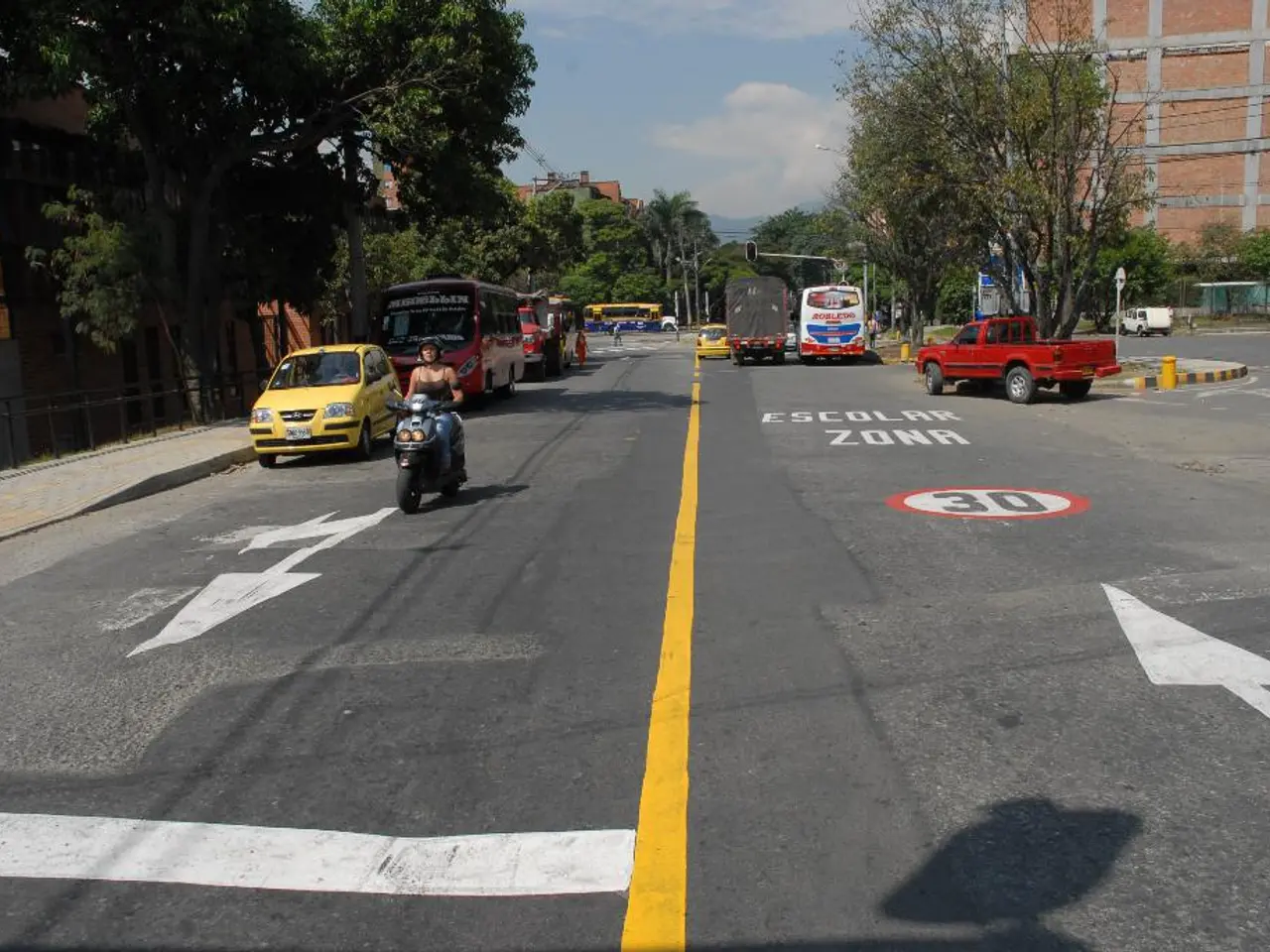Airport Journeys Regularly Disrupted: BVG Official Confesses to Dependability Problems
The Berlin U-Bahn network, a common and convenient mode of transport in the city, has experienced a decline in reliability this year. The issues, primarily due to aging infrastructure, personnel shortages, and technical deficiencies, have resulted in frequent delays, cancellations, and operational disruptions.
Key reasons for the current state of reliability include faulty signal control systems, technical failures and design flaws in new vehicles, chronic delays and infrastructure deficits, and staffing shortages in operational centres.
For instance, the S-Bahn portion of Berlin's public transit suffered from a malfunctioning signal control system at Tiergarten station in August 2025, causing major service disruptions across multiple lines. Similarly, new train sets, such as those from Škoda operated by Deutsche Bahn, have historically been plagued by technical problems and reliability challenges.
Passengers have reported frequent delays, cancellations, and chaotic operational conditions with Deutsche Bahn services, which include both S-Bahn and U-Bahn. Problems include insufficient replacement options, poor communication, and frequent technical or construction-related disruptions.
The reliability of the Berlin U-Bahn network dropped to 93 percent in August 2024, meaning that almost every 15th trip was cancelled. This is a dramatic fall from the 97.5 percent recorded in 2023 and the 99.2 percent in 2022.
Despite these challenges, there is some hope that the coming months will see a stabilization of the service in the Berlin U-Bahn network. New vehicles for the network are expected to arrive next year, although there is no exact timeline provided. The CEO of BVG, Henrik Falk, believes that bringing in new vehicles will be key to resolving the issues in the network.
However, there is a lack of clarity over when these problems will be resolved and there is no binding delivery plan for the new vehicles. The boss of Berliner Verkhrsbetriebe (BVG) has admitted to serious problems in the network. In an effort to combat repeated delays following the summer holidays, the BVG has modified the frequency of the U2, U9, U4, U1, and U3 lines.
Despite the difficulties faced by passengers, the impact of these problems on passengers has not been specified in the text.
- The ongoing issues with the Berlin U-Bahn network, a critical component of the city's transportation, extend beyond infrastructure and personnel, also affecting the financial sector by causing losses for both public-transit companies and commuters who depend on the service.
- The decline in reliability of the Berlin public-transit system, particularly the U-Bahn network, has resulted in strained relationships between the transport industry, finance sector, and public, as concerns about the future of the city's transit system grow.




